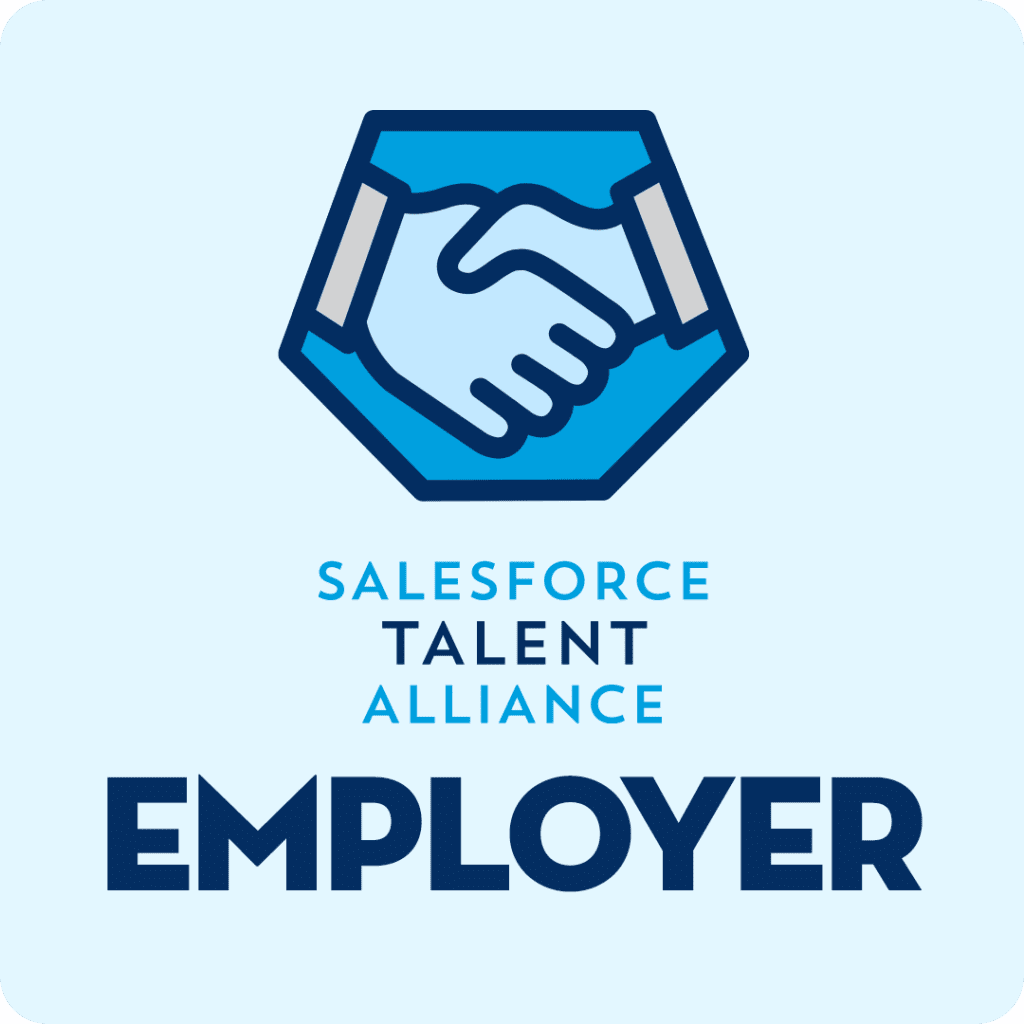AWS implementation

Has your organization migrated to AWS in the last year?
Who supported the organization through the migration?
AWS Consulting Partner
In-house employee(s)/ internal resources
Independent contractor
AWS ISV (Independent Software Vendor)
Not sure
Of those organizations that used in-house employees, 56% (up from 39% our last study) also enlisted the help of an AWS Consulting Partner. Additionally, 31% sought help from an independent contractor to support their internal staff, showing a rise from 26%. This indicates a continued trend of organizations using external resources to assist with AWS integration projects.
What challenges might you expect when working with a partner?
According to partners, what challenges do end users face when migrating to AWS?
| Lack of technical knowledge in-house to manage and execute the project | |
| Issues with data mapping and migration from legacy system(s) | |
| Incorrect budgeting of the costs involved | |
| Lack of clear project scope, including precise requirements for platform functionality | |
| Issues sticking to the project timeline | |
| Confusion regarding AWS's product offerings, capabilities, and limitations | |
| Difficulties aligning business processes with product features | |
| Underestimating the amount of time required to replace their legacy system | |
| Communication difficulties | |
| User adoption, engagement, and training challenges | |
| Poor data integrity | |
| Lack of change management processes on the client's end | |
| Not sure | |
| Other |
Why are organizations choosing to implement AWS?
The functionality of the product/services
Desire to move
to the cloud
Need to increase business responsiveness
| Trusted products/services | |
| Desire to reduce costs | |
| Variety of products/services | |
| Ability to integrate with third-party vendors | |
| Ease of migration | |
| Need for global capabilities | |
| Ease of user adoption/user friendly | |
| Lack of confidence in previous cloud service provider | |
| Post-migration support offered |
How long do migrations to AWS take?
With this in mind, it’s important to ensure you have the skills required to get your AWS implementation over the line. If you lack those skills internally, a short-term contractor with experience in your vertical (or business size) is the perfect answer to make sure your project sticks to time and budget, with consultants often able to help you map out exactly what lies ahead in order to avoid delays.
AWS go-live delays
How long were these delays?
What factors caused the delay?
| Poor planning prior to migration | |
| Data migration issues | |
| Rescoping of the project/changing needs of the project during implementation | |
| Staff shortage | |
| Lack of skills in-house to manage/work on the project | |
| Poor project management | |
| Delay in training staff | |
| Issues with testing | |
| Issues dealing with partner/consultancy |
What are the top challenges faced by organizations during an implementation?
Lack of appropriate skills internally
Integrating AWS with other products
User adoption
challenges
| Lack of appropriate skills available in the market | |
| Difficulties managing projects | |
| Rescoping of the project/changing needs of the project during implementation | |
| Loss of productivity during the migration | |
| Difficulties migrating data from legacy environment to AWS | |
| Poor project management | |
| The business was not ready for the change |
Under three-fifths (58%, up slightly from 51% in our previous survey) of organizations surveyed encountered implementation challenges stemming from a lack of internal skills, suggesting that there is still a lack of skills in the AWS universe.


Struggling to find in-demand AWS talent with the right skills and industry experience?
Revolent Group is a Tenth Revolution Group company. The AWS partnership for Revolent is managed through Jefferson Frank, a Tenth Revolution Group company.
Are organizations integrating AWS with non-AWS products?
What non-AWS products are customers integrating AWS with?
Microsoft Azure
Kubernetes
GitHub
| Gitlab | |
| Google Cloud | |
| Snowflake | |
| Databricks | |
| VMWare | |
| Other |


Careers and Hiring Guide
AWS Edition 2025
Key Findings
Our key findings report contains highlights from this year’s Careers and Hiring Guide, plus our salary tables to allow you to compare your compensation or benchmark your teams’ salaries or rates no matter their role in the AWS ecosystem.







